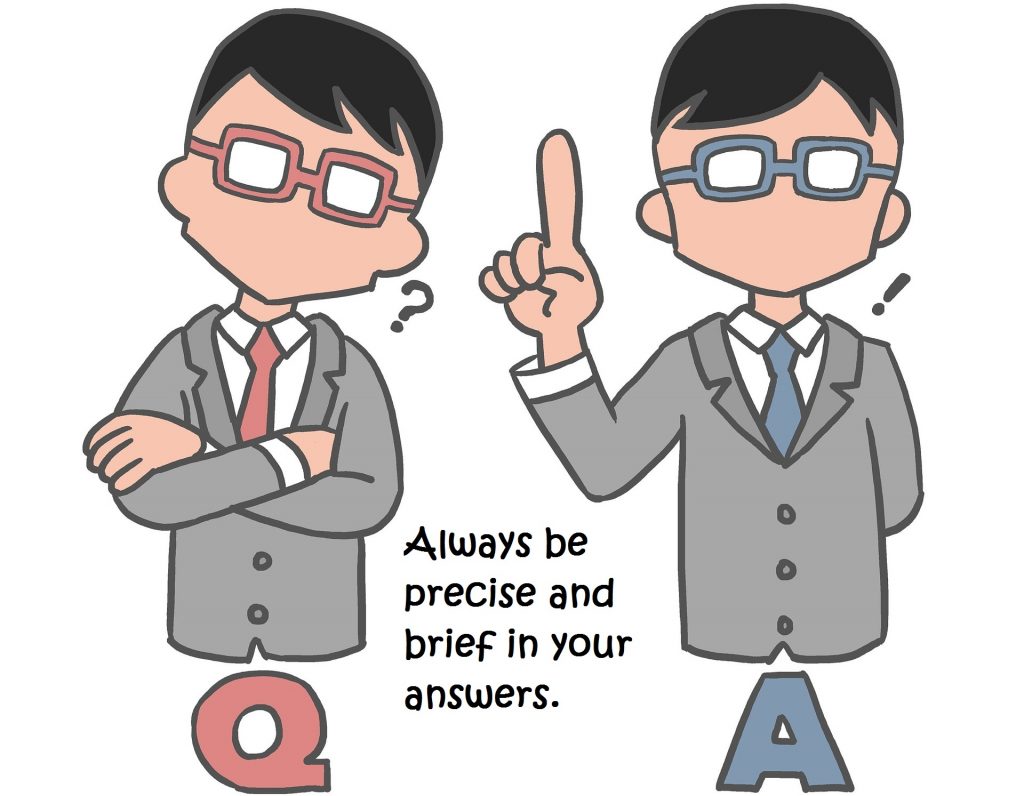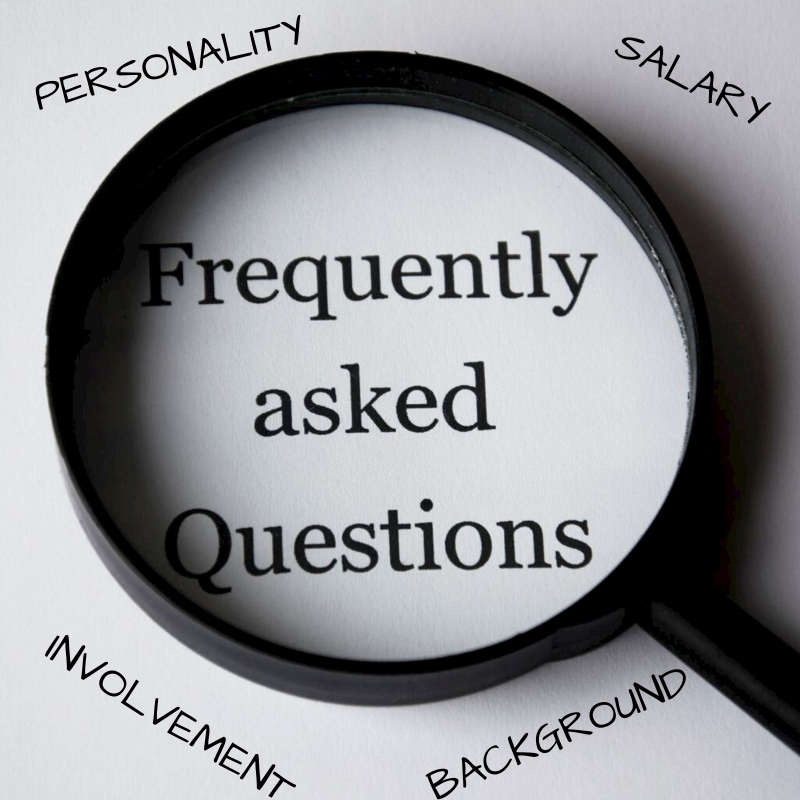Uncategorized
JOB INTERVIEW: WHAT ARE THE COMMON QUESTIONS OF YOUR FUTURE EMPLOYER? — 6 BASIC QUESTIONS
The second step in getting a job is having an interview with a potential employer. The first step was sending your application and after careful review by the company, you are seen as candidate for the vacant position.
The employer got this information through an ad that was placed in the paper, referred by someone in the company or a headhunter, or by a person who simply submitted an application via the company’s website.
The first impression employers always look at is your resume. Given the many that apply, this usually takes about 30 seconds and so with the limited words, you must be sure that the resume is well written and grammatically correct.
1.Learn more about you:
During the interview, most employers want to know more about you since the resume only gives certain information such as the person’s name, age, address, contact number, social security number, past and current employment.
To be sure that your Resume will be on top of the stack and that your future employer will take the 30 seconds necessary to assess you, do not hesitate to make a remarkable Resume.
2.Your background:
The employer will likely ask about the experiences, lessons and accomplishments you have done and learned working for another employer. This will usually include how you handled a situation in the company, the challenges of the job and the relationship with coworkers.

3.Your Personality
Another question will be the relationship between you and your family members. This shows character with how you interact with people who are close and those that know you for a long time.
4.Your long-term goals:
The employer will usually ask why you applied in the company and where you would like to be in 5 to 10 years. Long term questions such as this will show if there is dedication for the job at hand and if the company can provide something beneficial for both you and the employer.
5.What salary do you want:
Companies follow a certain budget in hiring qualified personnel which is why the interviewer will ask how much one desires to get for the job. If what is being asked is too high, the employer will usually ask if the salary is open to negotiation.

6.It’s your turn to ask questions:
After the employer asks questions, room is usually given for you to ask questions in return. This is the best time to know a little bit more the company you might be working in and to get a feel of the potential company. This is a very important moment because the employer can realize what you know about the company and if you are ready to get involved in your work.
7. Go to the next step or not:
If there are no more questions, the interviewer will then end the meeting and call you back if you have passed the initial interview so that the next phase of the application proces.
Now that you’ve had the questions beforehand, you have no excuses for being the best.

